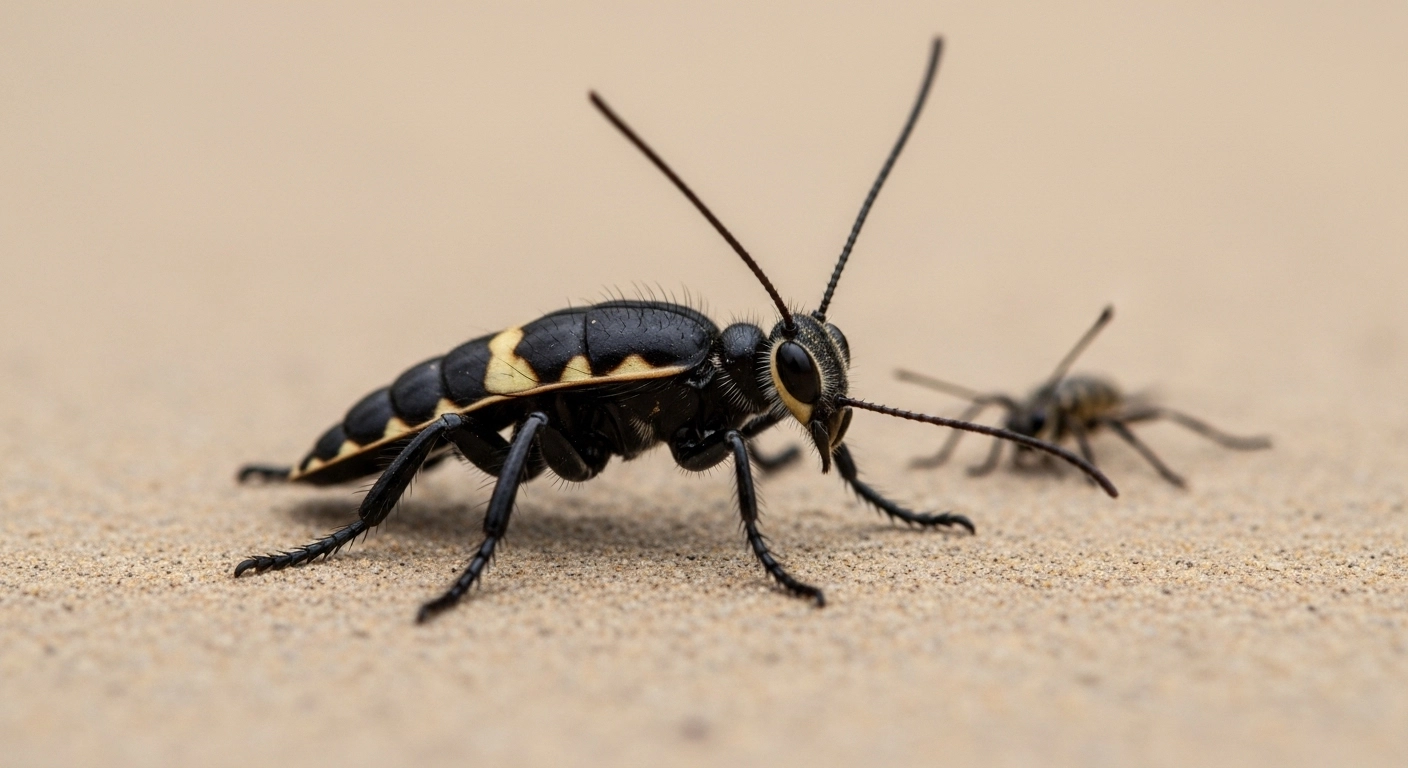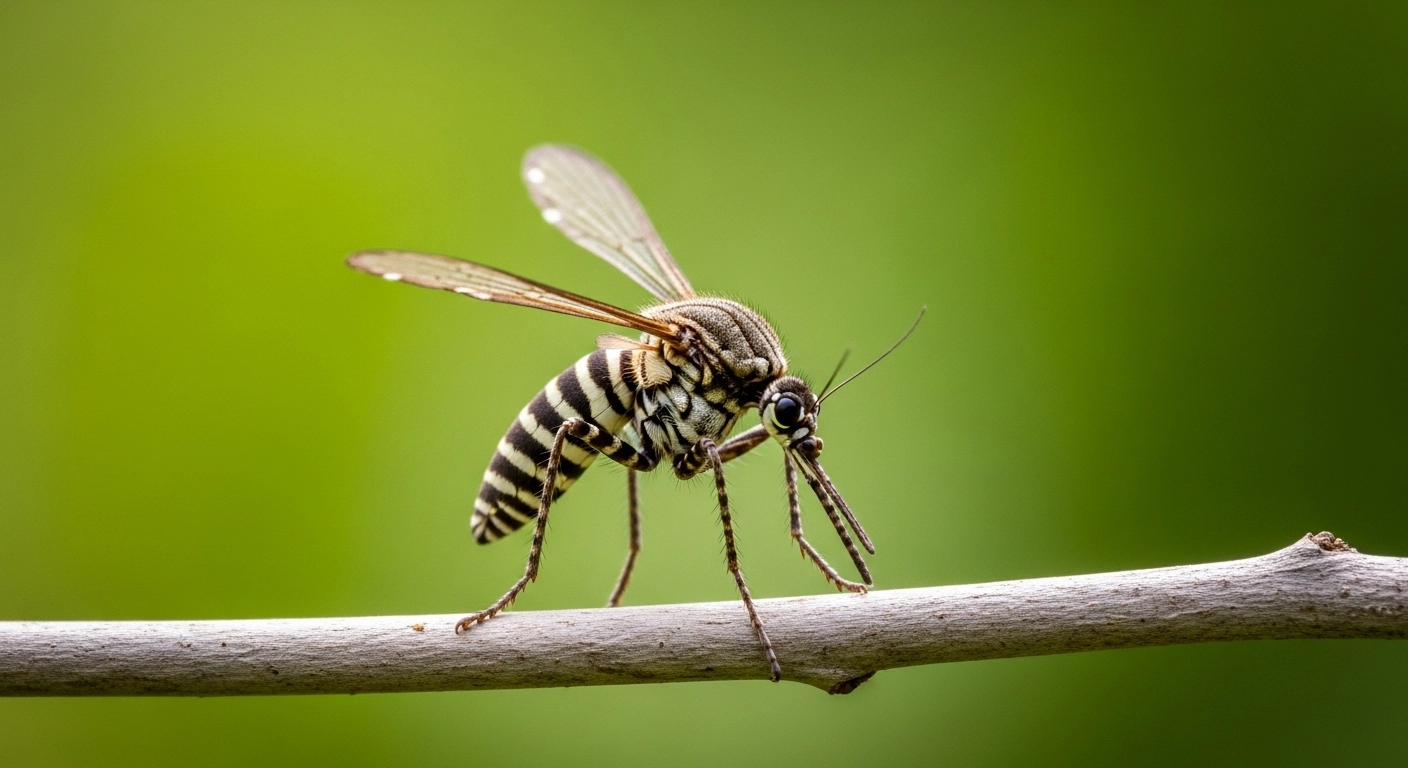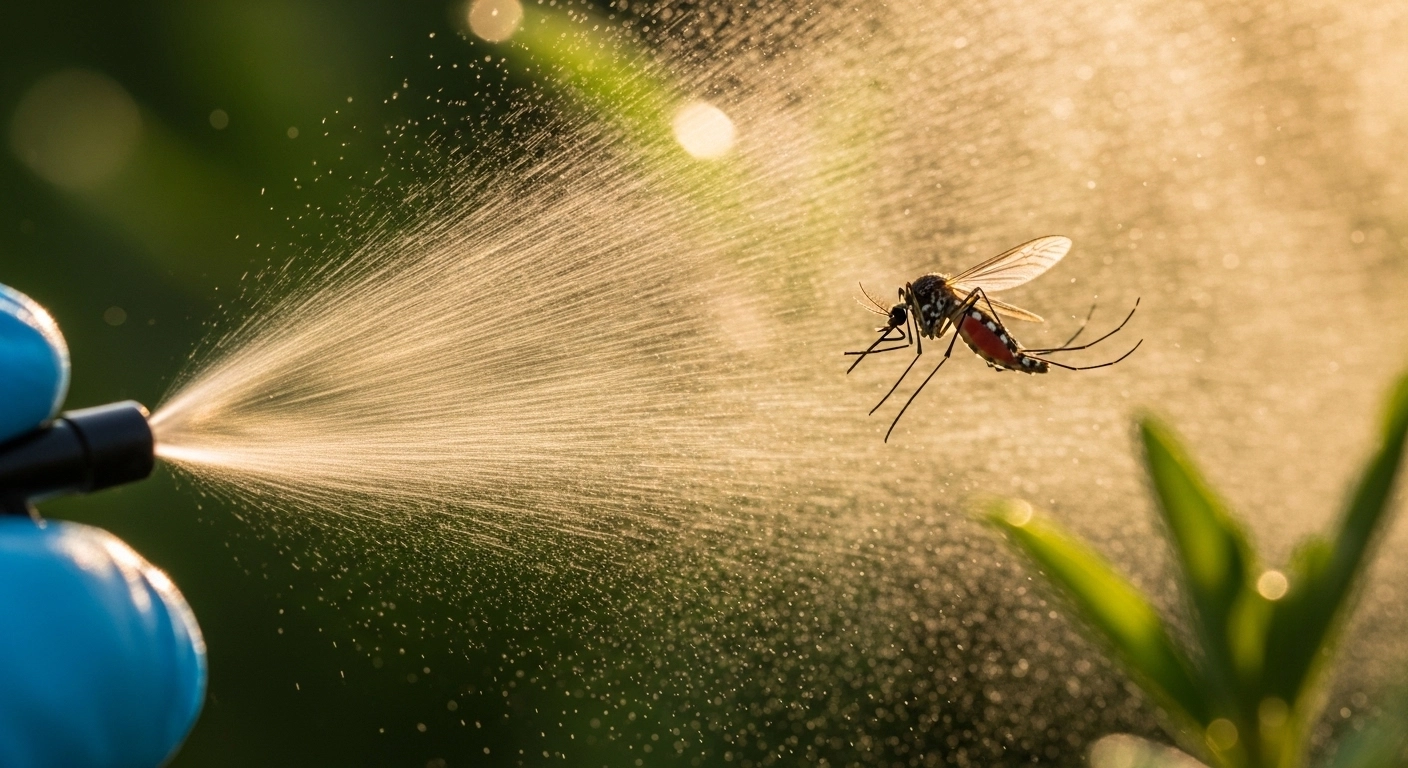Key Takeaways
| Terms | Description |
|---|---|
| Pesticide smell in house | Learn how to get rid of pesticide smell in your house |
| What do pesticides smell like | Understand the odor of pesticides |
| Pesticide smell | Discover ways to remove pesticide smell |
| Pest smell removal | Find effective methods to eliminate pest smells |
Introduction
Pest control is an essential aspect of maintaining a clean and healthy living environment. However, many people are concerned about the strong and unpleasant smells associated with traditional pest control methods. In this article, we will explore various techniques and products that can help you achieve pest control without the lingering smell.
Understanding Pesticide Smell
What Do Pesticides Smell Like?
Pesticides often have a distinct odor that can vary depending on the type of product used. Some common smells associated with pesticides include:
- Chemical Odor: Many pesticides have a chemical-like smell that can be quite strong and overpowering.
- Herbaceous Odor: Certain herbicides emit a grassy or plant-like scent.
- Sulfuric Odor: Some pesticides contain sulfur compounds, resulting in a rotten egg-like smell.
- Sweet Odor: Certain insecticides may have a sweet or fruity fragrance.
Health Risks Associated with Pesticide Smells
While the odor of pesticides can be unpleasant, it is important to note that the smell alone does not indicate toxicity. However, prolonged exposure to certain pesticides can pose health risks. It is crucial to follow safety guidelines provided by the manufacturer and consider alternative pest control methods if you are sensitive to chemical odors.
Pest Control Methods Without Smell
Natural Pest Control Solutions
If you prefer to avoid chemical-based pesticides altogether, there are several natural alternatives available:
- Biological Control: Introduce natural predators or parasites that feed on pests, such as ladybugs for aphid control.
- Physical Barriers: Use physical barriers like nets or screens to prevent pests from entering your home or garden.
- Traps: Set up traps specific to the type of pest you are dealing with, such as sticky traps for flies or pheromone traps for moths.
Low-Odor Pesticides
If you still require the use of pesticides but want to minimize the smell, consider using low-odor formulations. These products are designed to have reduced or no noticeable odor while effectively controlling pests. Look for labels indicating low-odor properties when purchasing pesticides.
Integrated Pest Management (IPM)
Integrated Pest Management (IPM) is an approach that combines multiple pest control strategies to minimize reliance on chemical treatments. IPM focuses on prevention, monitoring, and targeted treatments, reducing the need for extensive pesticide use.
Professional Pest Control Services
When dealing with severe infestations or specific pests that require professional expertise, consider hiring a pest control service that specializes in low-odor or odorless treatments. These professionals have access to advanced products and techniques that effectively eliminate pests without leaving behind strong odors.
Conclusion
Pest control without smell is achievable through various methods and products. By understanding pesticide smells, exploring natural alternatives, utilizing low-odor pesticides, implementing integrated pest management practices, and seeking professional services when needed, you can maintain a pest-free environment without enduring unpleasant odors.
Remember to always prioritize safety when using any pest control method and consult professionals for guidance if you have concerns about chemical exposure.



